Maintaining Nutrition and Weight: A Reliable Approach to Pregnancy Planning?
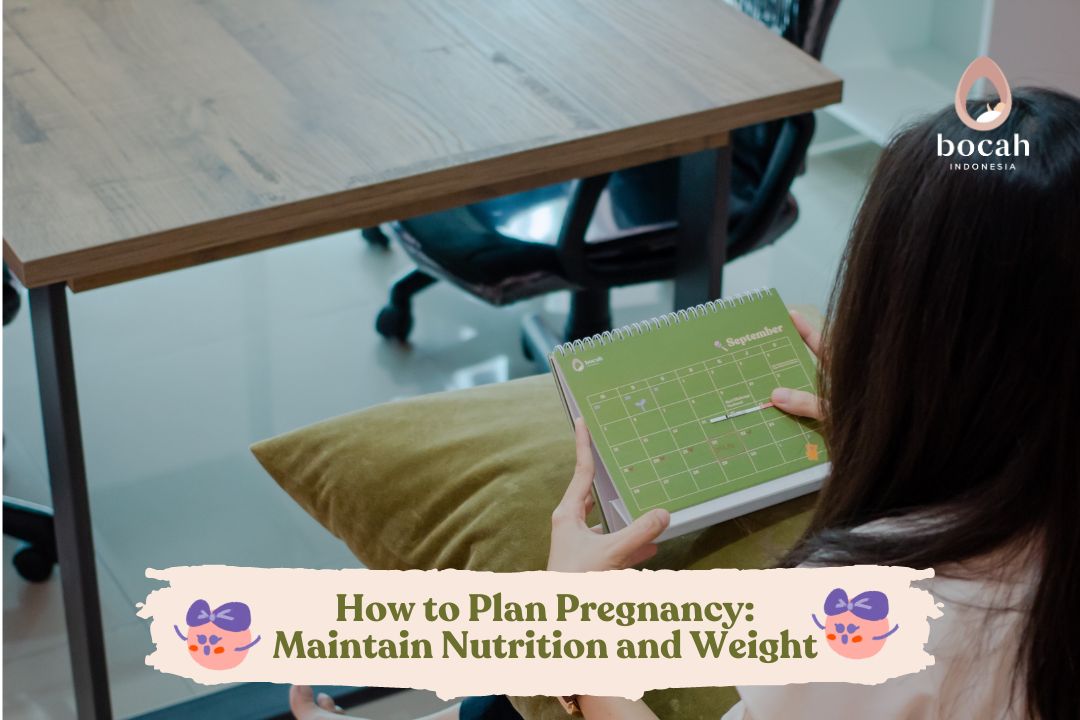
Having an ideal and healthy body weight before getting pregnant is one of the best ways to ensure a smooth and healthy pregnancy. Moreover, women with an ideal body weight find it easier to achieve pregnancy and give birth to a healthy baby. Furthermore, women who are accustomed to consuming a balanced and nutritious diet during pregnancy will find it easier to shed weight after childbirth.
Why is it important to have an ideal body weight before getting pregnant?
Attaining an ideal body weight before pregnancy is crucial. This is because both excess and insufficient body weight before pregnancy can pose health risks to both the mother and the fetus. Numerous studies have confirmed that a mother’s pre-pregnancy body weight directly influences the birth weight of the baby.
Specifically, here are the effects of pre-pregnancy body weight on women’s fertility, as well as maternal and infant health:
Effects of Excess Weight (Overweight) or Obesity:
Excessive body weight or obesity in women can impact fertility by causing hormonal imbalances, ovulation disorders, and menstrual irregularities. Obesity is also associated with polycystic ovary syndrome (PCOS), which is a common cause of difficulty in conceiving.
Additionally, both overweight and obese conditions generally complicate assisted reproductive techniques such as in vitro fertilization (IVF), ovulation induction, and others.
Tanya Mincah tentang Promil?
During pregnancy, being overweight before conception increases the risk of various pregnancy complications for the mother, such as gestational diabetes, pregnancy-induced hypertension, preeclampsia, vascular blockages, and the need for a cesarean section. Babies born to overweight or obese mothers are at a higher risk of neural tube defects, macrosomia (large head) which complicates delivery, prematurity, and stillbirth. Moreover, babies born to obese mothers are also at a higher risk of obesity and various health issues later in life.
Effects of Insufficient Weight (Underweight):
Conversely, being underweight (BMI below 18.5 kg/m2) disrupts women’s fertility by triggering hormonal imbalances that affect ovulation. This directly reduces the chances of conception. Compared to women with an ideal body weight, underweight women tend to take more than a year to achieve pregnancy. This is partly due to a lower implantation rate in this group of women.
If successfully pregnant, prospective mothers with insufficient body weight are at a higher risk of anemia and miscarriage. The fetus is more likely to experience growth disorders (intrauterine growth restriction/IUGR), low birth weight, and premature birth. In the long term, babies born to underweight mothers are at a higher risk of malnutrition.
So, how can you determine whether a body weight is ideal or not?
One of the most common ways to assess ideal body weight is through calculating the body mass index (BMI). This parameter is calculated by dividing the body weight (in kg) by the square of the height (in meters).
BMI = Body Weight (kg) / [Height (m)]2
The resulting BMI value is then used to determine an individual’s nutritional status. According to the latest World Health Organization (WHO) guidelines, the classification of nutritional status based on BMI for adult Asians (>20 years old) is as follows:
| Body Mass Index (kg/m2) | Nutritional Status |
|---|---|
| <18.5 | Underweight |
| 18.5-22.9 | Normal |
| 23-24.9 | Overweight |
| 25-29.9 | Obesity Class 1 |
| >30 | Obesity Class 2 |
How to Achieve Ideal Body Weight Before Pregnancy
For those undergoing natural or assisted pregnancy programs, the following tips can help you attain a healthy pre-pregnancy body weight:
- Consultation and Pre-Pregnancy Checkup: Undergo a medical checkup or premarital checkup before pregnancy. This helps assess your actual body condition and provides advice on adopting a healthy diet and suitable exercises to reach the ideal pre-pregnancy body weight.
- Set Realistic Weight Loss Goals: Establish achievable weight loss targets to stay motivated. A realistic approach involves losing 0.5-1 kg per week until your desired weight is reached, which is both feasible and manageable.
- Regular Exercise: Engage in light physical activities like morning walks or cycling for 60 minutes daily, five times a week. For more intense activities like jogging, running, or swimming, allocate 30 minutes per day, five times a week. You can divide these sessions throughout the day. Additionally, aim to remain active in your daily routine, including:
- Opt for walking instead of using vehicles for shorter distances or take stairs instead of elevators.
- Minimize prolonged sitting by standing up and walking regularly (every hour) while working in front of a screen. Moreover, reduce screen time by engaging in more active pursuits.
- Maintain Balanced Nutrition: Consume a well-balanced diet by following these guidelines:
- A balanced diet comprises five food groups: vegetables and legumes, fruits, whole grains, dairy and dairy products, and protein sources such as lean meats, poultry, fish, eggs, nuts, and legumes.
- Limit processed foods like chips, biscuits, fatty meats, cookies, cakes, and fast food.
- Eat regular meals and control unhealthy snacking.
- Avoid sugary beverages and alcohol; increase water consumption.
- Include more vegetables in your lunch and dinner.
- Use smaller plates to prevent overeating.
- Be Cautious with Supplements and Herbal Products: Some supplements, like melatonin and St. John’s wort, can pose risks during pregnancy.
- Discuss Recommended Weight Gain with a Doctor: Consult with your doctor to determine the recommended weight gain during pregnancy. Healthy weight gain recommendations are based on your pre-pregnancy BMI, in accordance with Institute of Medicine (IOM) guidelines.
| Nutritional Status Before Pregnancy | BMI | Recommended Weight Gain for Singleton Pregnancy | Recommended Weight Gain for Twin Pregnancy |
|---|---|---|---|
| Underweight | <18.5 | 13–18 kg | 23–28 kg |
| 18.5-24.9 | 11–16 kg | 17–25 kg | |
| Overweight | 25-29.9 | 7–11 kg | 14–23 kg |
| Obesity | >30 | 5–9 kg | 11–19 kg |
In principle, women who are underweight before pregnancy should gain more weight to support their pregnancy compared to those with normal weight. On the other hand, overweight and obese women only need to gain a small amount of weight.
Also pay attention to the adequacy of the following nutrients!
In addition to striving for a healthier weight, women who are planning for pregnancy need to meet their body’s requirements for the following essential nutrients:
1. Folate
All women of childbearing age need 400 mcg (0.4 mg) of folate daily. Folate, also known as vitamin B9, is a nutrient found in leafy green vegetables, legumes, beans, oranges, fortified cereals, and some vitamin supplements. During pregnancy, sufficient folate is crucial to prevent birth defects in the baby’s brain and spinal cord, known as neural tube defects. The most common neural tube defect is spina bifida, where the spinal column doesn’t fuse properly and is exposed to the outside world. Depending on its severity, this defect can lead to paralysis, incontinence (inability to control urination and bowel movements), and even intellectual disabilities. Read also: Spina Bifida: Causes, Symptoms, and Treatment (bocahindonesia.com) Folate is most beneficial during the first 28 days after conception when the baby’s neural pathways are rapidly developing. Unfortunately, many women may not realize they are pregnant during this 28-day window. This is why folate consumption should begin at least 3 months before conception and continue until the end of pregnancy. However, it’s important to remember that folate supplement consumption is supplementary; a healthy diet should still be maintained.
2. Iron
Many women have low iron reserves due to monthly menstruation and a diet low in iron. Building up these iron reserves is important so that the mother’s body is ready to meet the baby’s needs during pregnancy. Good sources of iron include:
- Meats such as beef, pork, lamb. Beef and chicken liver.
- Poultry such as chicken, duck, turkey. Fish and shellfish such as sardines, anchovies, mackerel, milkfish, catfish, oysters.
- Green colored vegetables, particularly from the cabbage family, such as water spinach, broccoli, turnips, and mustard greens.
- Legumes such as lentils, soybeans, peanuts, beans, red beans, peas, black beans. Iron-fortified foods such as whole wheat bread, pasta, rice, cereals, and juice.
3. Calcium
Preparing for pregnancy includes building strong bones. If there isn’t sufficient calcium in the diet, the fetus will draw calcium from the mother’s bones, putting women at risk for osteoporosis later in life. The recommended calcium intake for women is 1,000 mg per day. This requirement can be met by consuming 3 glasses of milk per day or equivalent dairy products, or by taking calcium supplements.
Closing
Achieving an ideal weight before pregnancy will undoubtedly increase the chances of a healthy pregnancy and the opportunity to have a healthy baby. Therefore, start implementing a healthy lifestyle from now on. There’s no downside to it, as these lifestyle changes will also have a positive impact on your overall health, even if you’re not planning to become pregnant.
Source:
- Choi H, Lim JY, Lim NK, Ryu HM, Kwak DW, Chung JH, Park HJ, Park HY. Impact of pre-pregnancy body mass index and gestational weight gain on the risk of maternal and infant pregnancy complications in Korean women. International Journal of Obesity. 2022 Jan;46(1):59-67.
- March of Dimes. [Last updated July 21, 2021]. Healthy weight before pregnancy. URL: https://www.marchofdimes.org/find-support/blog/healthy-weight-pregnancy.
- Mayo Clinic. [Last reviewed February 9, 2022]. Pregnancy weight gain: what’s healthy? URL: https://www.mayoclinic.org/healthy-lifestyle/pregnancy-week-by-week/in-depth/pregnancy-weight-gain/art-20044360.
- Pasquali R, Patton L, Gambineri A. Obesity and infertility. Curr Opin Endocrinol Diabetes Obes. 2007 Dec;14(6):482-7. doi: 10.1097/MED.0b013e3282f1d6cb. PMID: 17982356.
- Weight gain during pregnancy. Committee Opinion No. 548. American College of Obstetricians and Gynecologists. Obstet Gynecol 2013;121:210–2.
- Egg Freezing for Women: Is It Safe? - 10/07/2025
- The Benefits of Tomatoes for Men’s Health and Fertility - 30/05/2025
- What Is SIS? Understanding Sonohysterography for Uterine Health - 28/05/2025



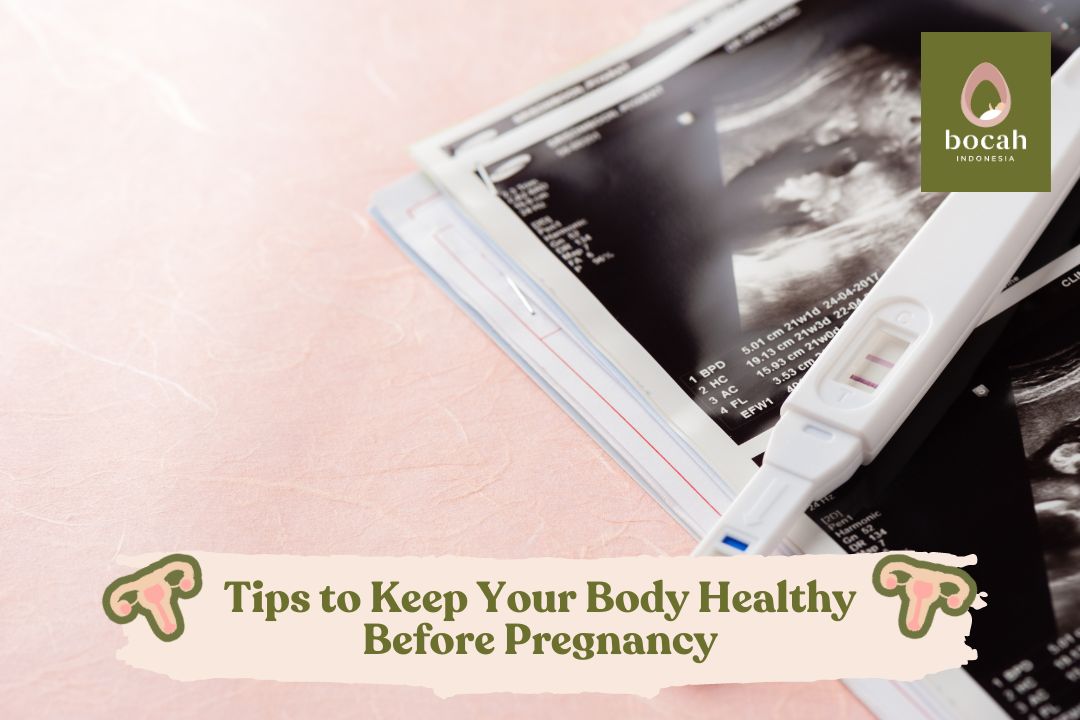
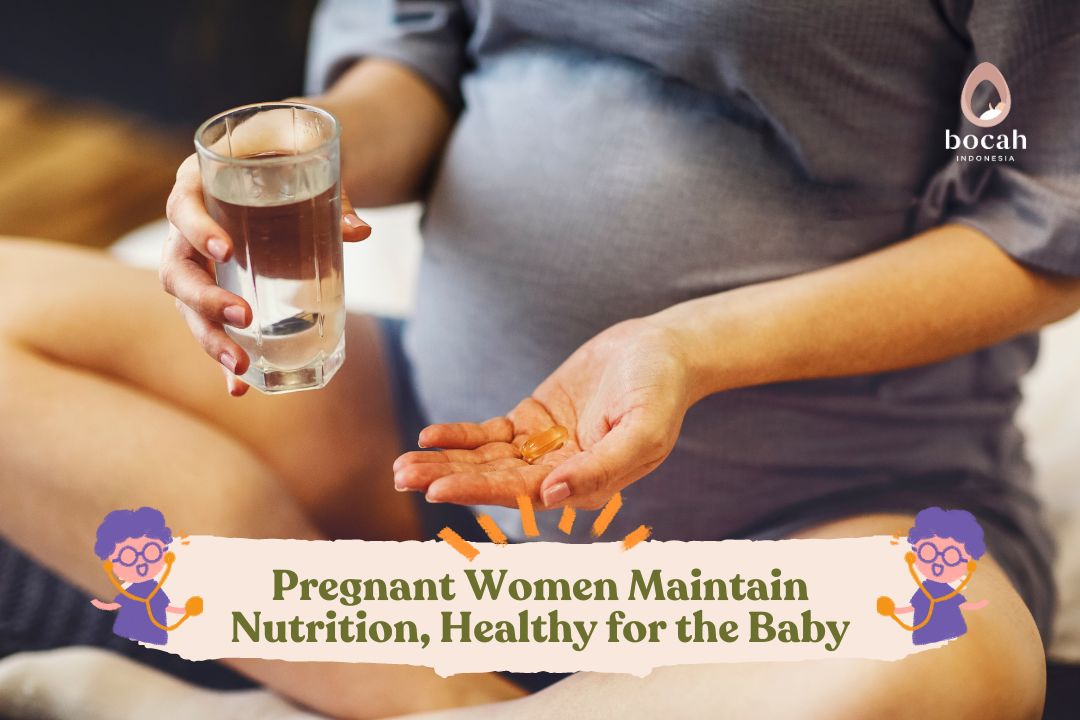
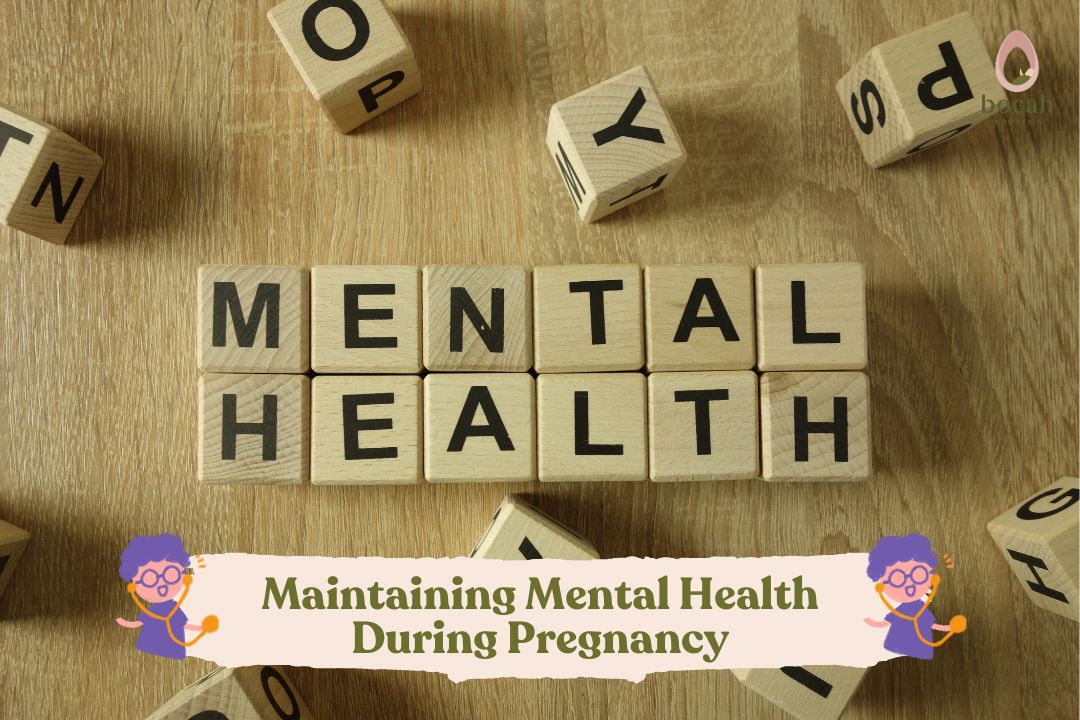


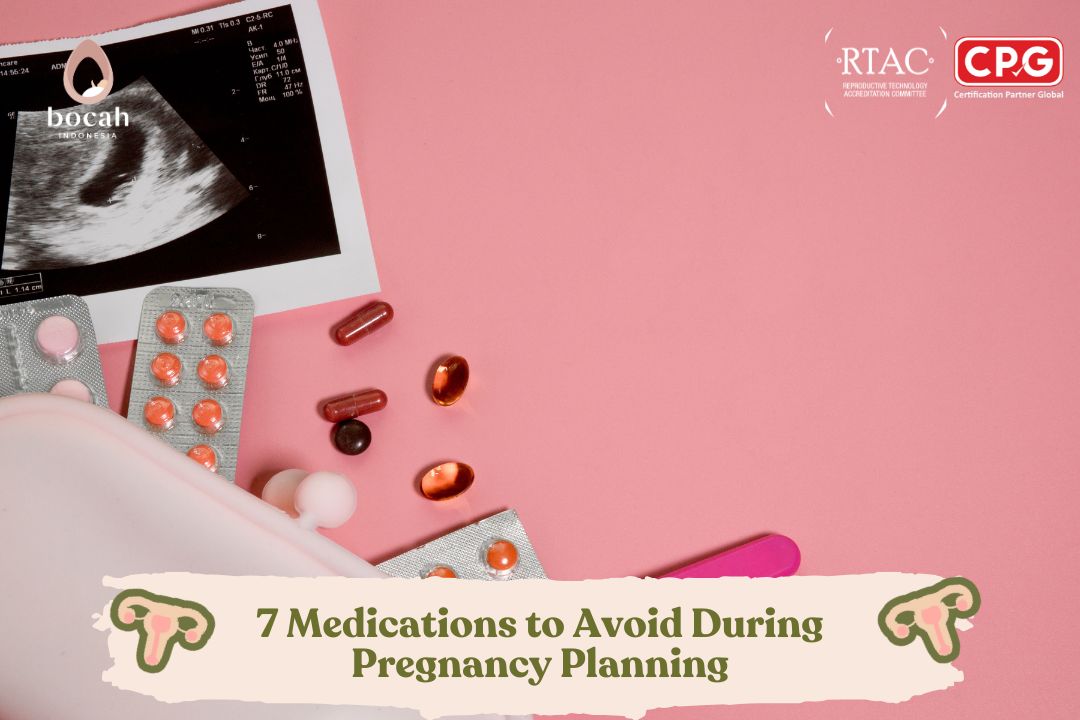
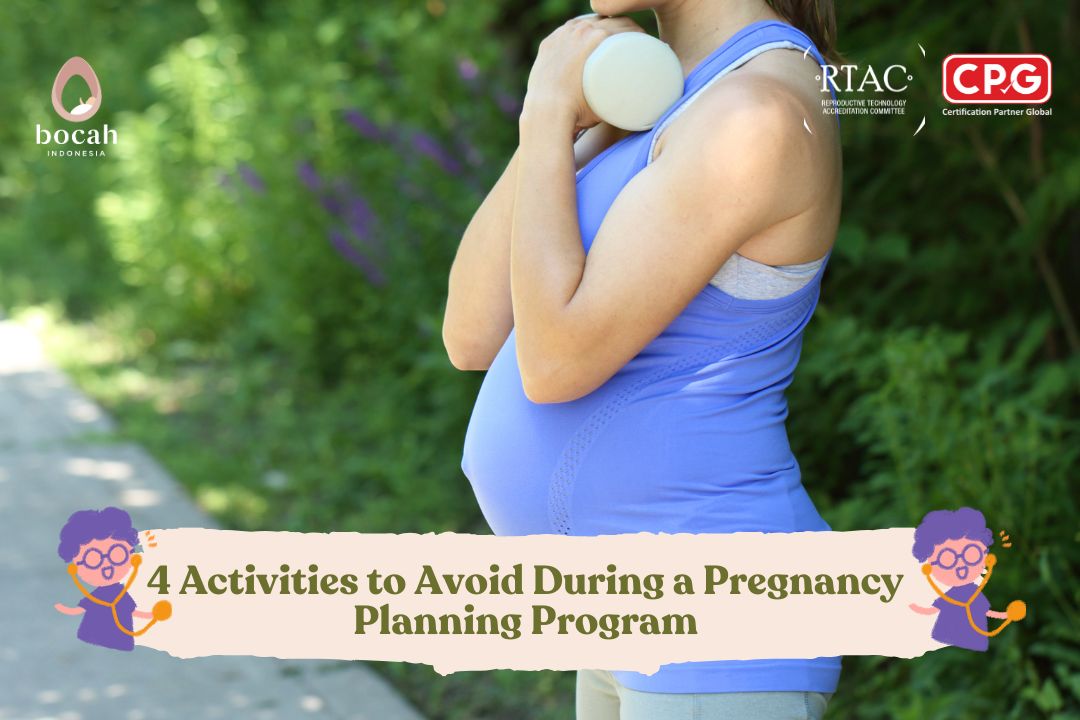

One Response
The article on “A Reliable Approach to Pregnancy Planning” provides valuable insights into the importance of planning for pregnancy, which is a significant life event for many individuals and couples. It emphasizes the need for careful consideration and preparation before embarking on this journey, highlighting the significance of physical and emotional health for both partners. This article serves as a helpful resource for those contemplating parenthood, offering guidance on how to approach pregnancy planning responsibly and effectively. Thank you for sharing this informative piece on an essential topic.